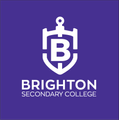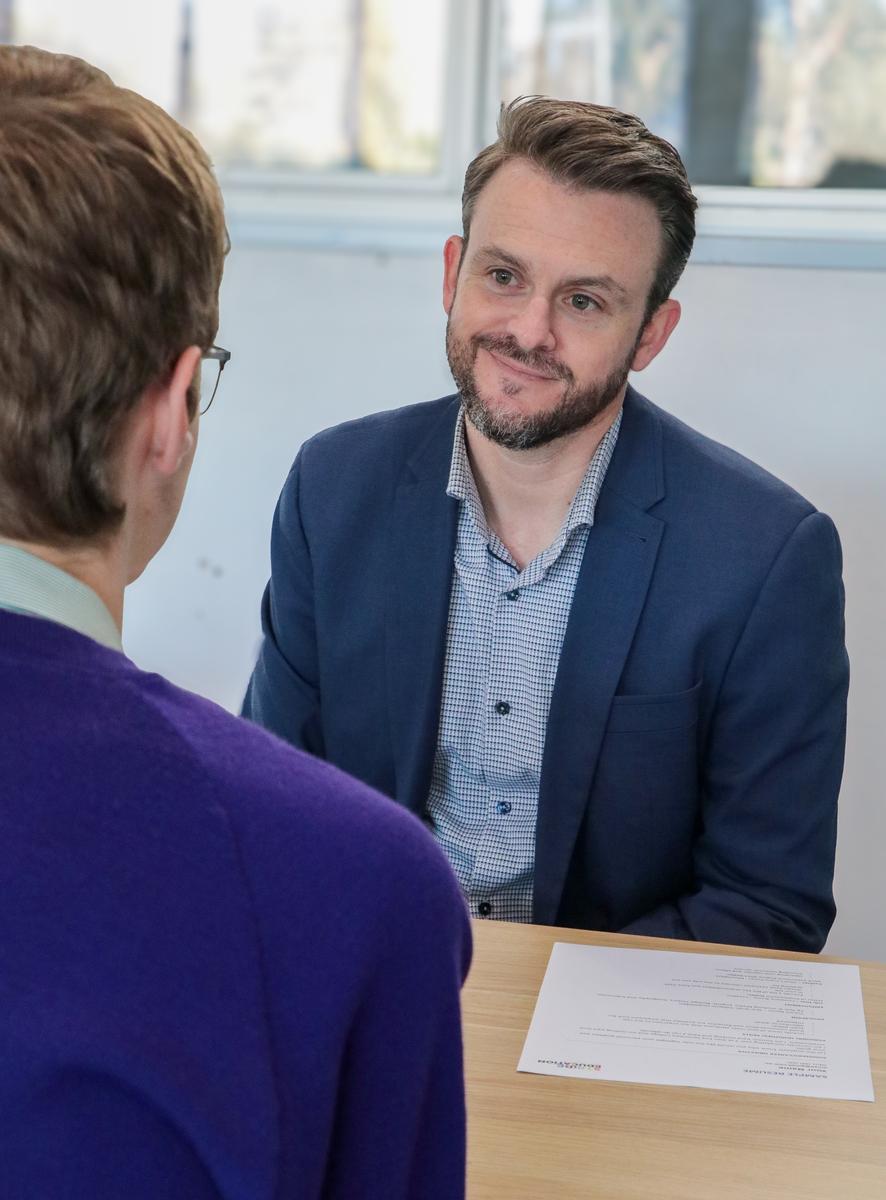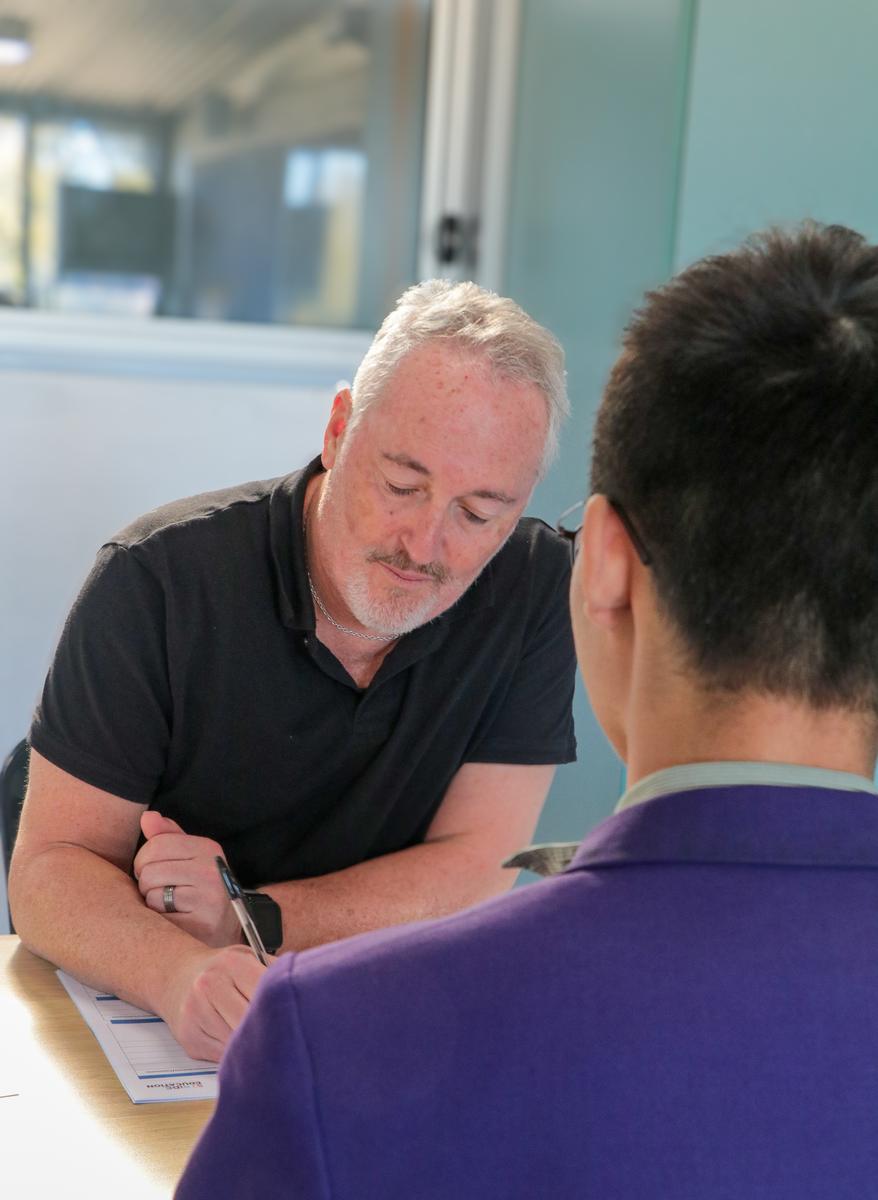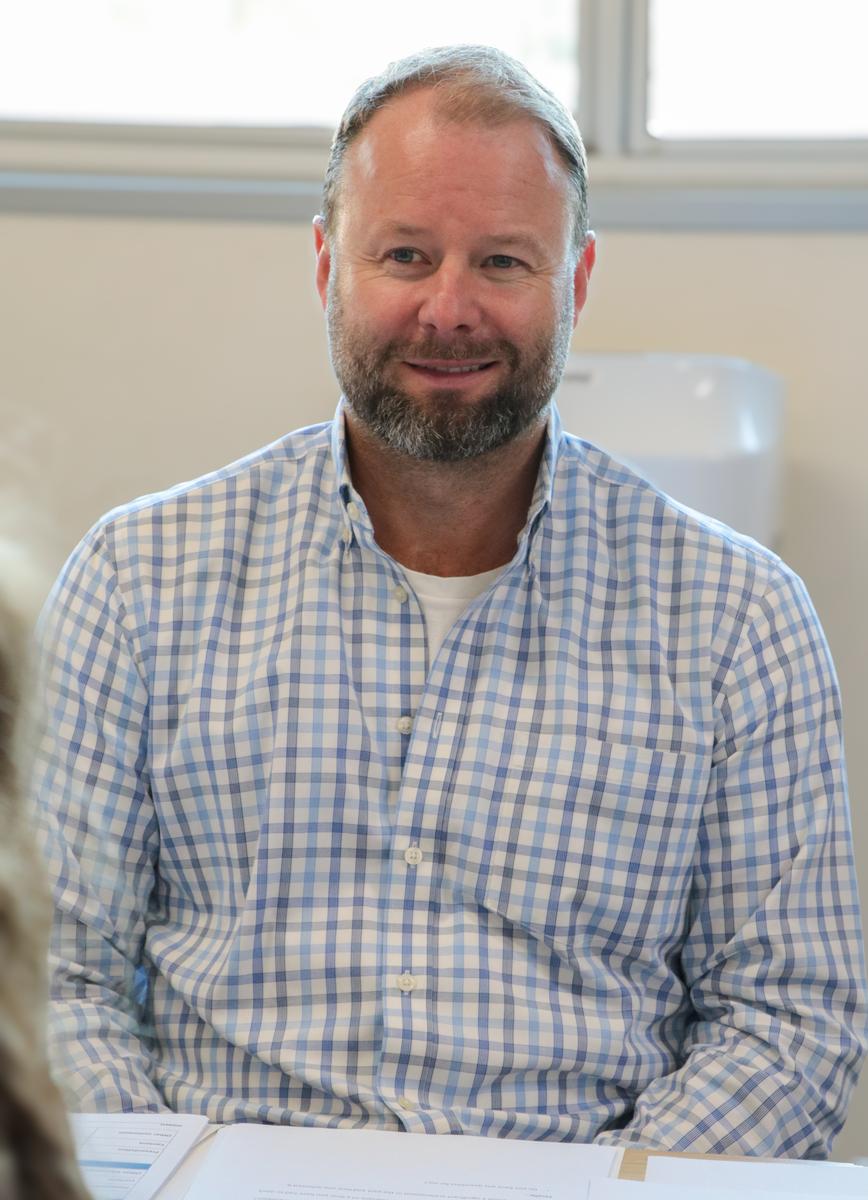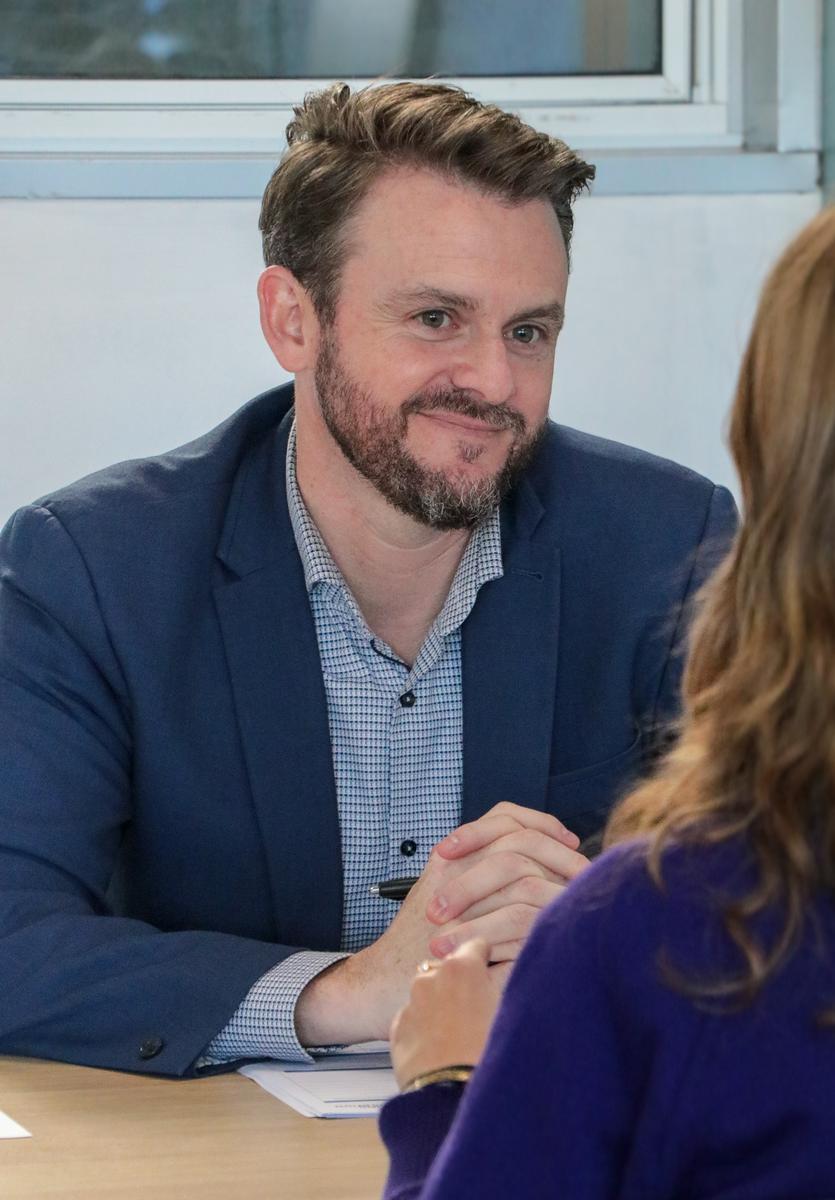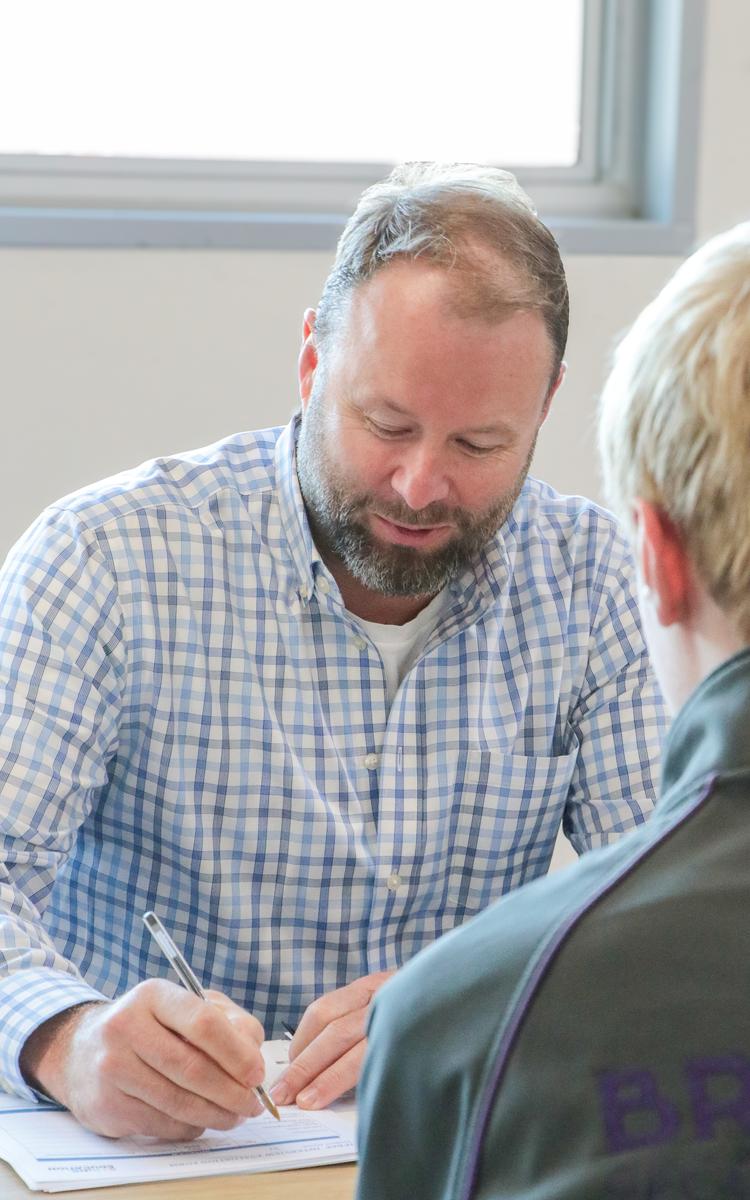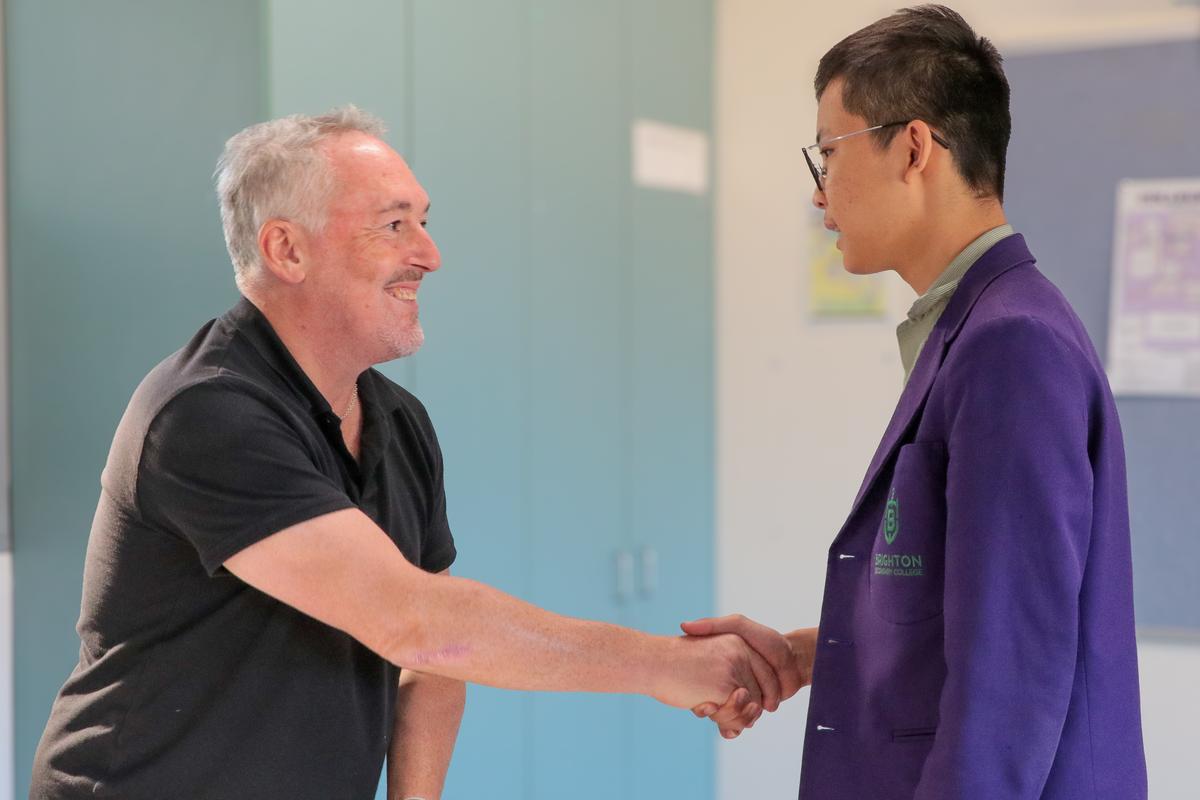PRINCIPAL REPORT

Principal’s Message – Student Pathways and Future Planning
With our recent Year 10 Mock Interviews, the upcoming Careers and Pathways Evening, and our review of the SEAL program—where we’re inviting student and parent input to increase flexibility through subject choice—student pathways are front of mind. Schools play a vital role in helping students discover and nurture the interests and skills that will serve them throughout their lives. We also provide rich opportunities for students to develop the ‘soft skills’ that will be essential for future success.
We know that most of our students will experience at least three career changes throughout their lives. Those with well-developed soft skills—such as communication, teamwork, adaptability, problem-solving, critical thinking, leadership, creativity, emotional intelligence, time management, and interpersonal skills—are often best equipped to navigate these transitions successfully. Developing these skills, alongside technical knowledge and subject-specific competencies, is paramount.
The Mock Interviews gave students a valuable chance to practise and demonstrate many of these skills. Our professional interviewers were deeply impressed with the Year 10 cohort, noting their preparedness, confidence, and engagement. A particularly heartening outcome was the written reflections students provided—many expressed genuine appreciation for the supportive environment, constructive feedback, and the guidance offered toward their future pathways.
The upcoming Careers and Pathways Evening presents a key moment for students to engage in meaningful critical thinking about their futures. Whether a student is aiming for direct university entry or exploring other pathways, having clarity about course requirements and options enables informed decision-making. It allows students to tailor their subject selections in ways that align with their strengths, interests, and aspirations. For those not planning a direct university pathway, there are opportunities to explore more flexible routes that incorporate qualifications and work experience—preparing them for successful entry into their first career.
While Year 10 subject selection for Year 11 is often the most pivotal, it’s important to remember that pathways are not fixed. Changes can range from swapping subjects between semesters to moving between the VCE and VCE Vocational Major. This is where open dialogue at home is essential. I encourage all families to regularly have rich conversations with their children about their evolving aspirations—and to keep the school informed so we can support each student in finding the best-fit pathway.
Our review of the SEAL program is driven by a desire to increase student voice and choice in their learning programs. We are also looking at whether our mainstream curriculum—particularly in Years 9 and 10—can offer more flexibility and choice. Our aim is to help students progressively take more ownership over their learning as they move through school.
Years 7 and 8 are exploratory: students try a broad range of subjects to discover what they enjoy, what challenges them, and what sparks their interest. Years 9 and 10 allow for deeper engagement with areas of strength and curiosity—subjects that may connect with future pathways. By Years 11 and 12, students begin making decisions that shape the next stages of their journey. However, no pathway is set in stone. Career trajectories can and often do change, which is why our role is to support students to make well-considered decisions that serve their long-term goals—wherever those may lead.
Peter Langham,
Principal
